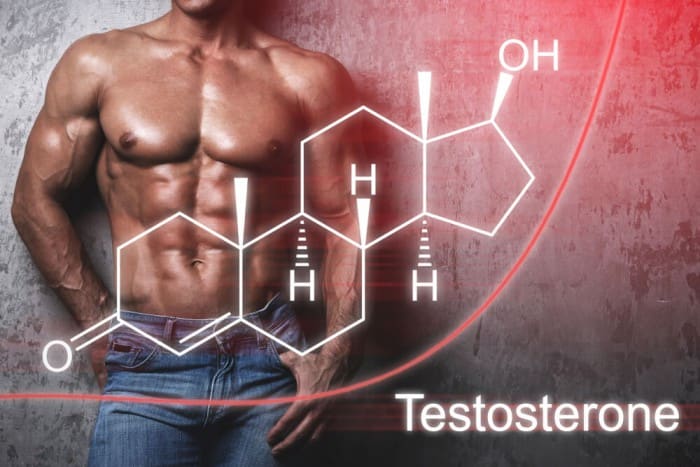
Testosterone is a vital hormone, not just for men but also for women. Testosterone is responsible for libido, hair growth, bone mass, muscle mass, and metabolism.
For males, testosterone plays a huge role in development during puberty, creation of sperm, sex drive, and strengthening of muscles and bones.
In women, testosterone plays a significant part in maintaining levels of other hormones, sex drive, fertility, and the creation of new blood cells in the body.
Cases of high testosterone in boys may cause early puberty and growth spurt. High testosterone levels in adults are not usual.
In females, high levels of testosterone are called poly cystic ovary syndrome. Some symptoms of this condition include irregular periods, acne, oily skin, and an increase in hair growth on the face, back, and chest.
In males, high levels of sperm, especially because of using hormonal injections as steroids could lead the body to stop producing testosterone, lower sperm count, and loss of sex drive.
On the contrary, low levels of testosterone in females are proven to cause irregular or missed periods, low sex drive, dryness of the vagina, weaker bones, and fertility problems.
On the other hand, lower levels of testosterone in males can cause hair loss, reduced muscle tone, more fragile skin, reduced sex drive, disturbed mood, and memory or concentration problems,
If one wants to get tested on their testosterone levels, certain questions will be asked to the patient.
In males, the doctor might ask if the patient uses steroids, talk about a person’s puberty development, measure their body mass index, check hair for patterns of baldness, and check the size of their testicles and prostate glands.
In females, the doctor might ask about the person’s menstrual cycles, acne or skin conditions, facial or body hair, and muscle bulk.
One of the treatments offered to people with low testosterone is Testosterone Replacement Therapy.
If you have no idea on what TRTs do to the body, you can check this infographic from EHormones and find out.

